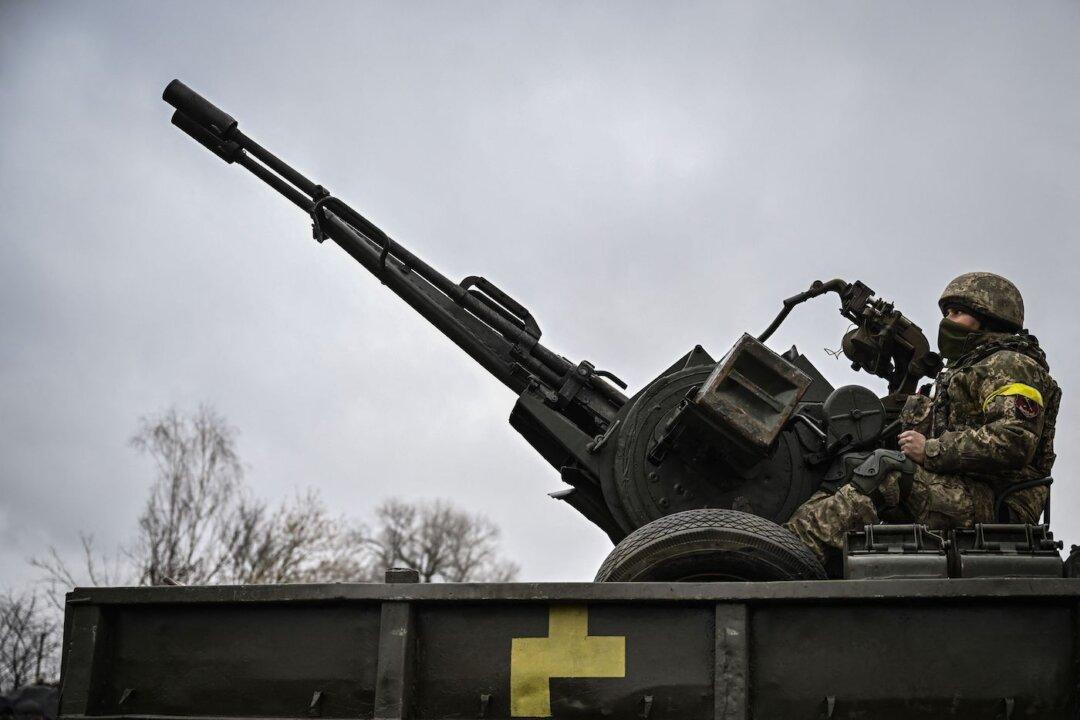As national attention was captured by a Chinese surveillance balloon flying over the United States, the Biden administration has approved another $2.1 billion military aid package to strengthen Ukraine’s air defense arsenal.
The package includes $425 million in arms and equipment drawn from existing U.S. stockpiles, as well as $1.75 billion in Ukraine Assistance Security Initiative (UASI) funds, which Ukraine can use to purchase new weapons—particularly those related to air defense—from manufacturers contracted with the U.S. Department of Defense.





